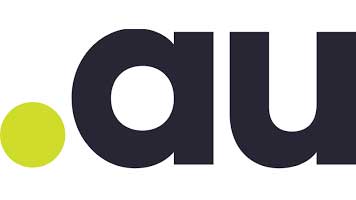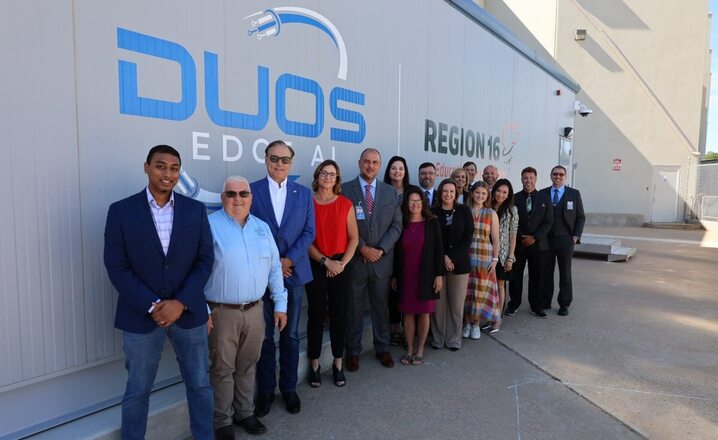A Guide for Non-Technical Founders: How to Work with Developers
Many entrepreneurs without a technical background have brilliant ideas for using technology to solve everyday problems. People like Thomas Foster, who founded PLACEHOLDERc84a6eb3ea360f82 after years in the hospitality industry, and Jackie and Josh DeNutte, who created PLACEHOLDER49ada27c02244d7e to help couples plan date nights, had great concepts but no coding experience. A common concern among non-technical founders is how to collaborate effectively with developers when they don’t understand programming.
This challenge is similar to an anecdote shared by author Neil Gaiman about trying to understand his son’s work in computing. When asked what he was doing, his son’s response was a string of technical jargon that made no sense to him—something many non-technical founders can relate to when speaking with developers.
However, understanding developers and choosing the right team is possible, even without coding knowledge. The key lies in asking the right questions.
—
Essential Questions to Ask a Development Team
1. What’s Your Experience?
Just as you review resumes before hiring employees, you should examine a development company’s portfolio. This helps you determine if they have experience building similar products, which can give your project a competitive edge. Additionally, reviewing their past work ensures they can translate your idea into a functional, visually appealing app.
2. What Makes You Different?
A strong development team should be adaptable to industry trends and capable of working across various platforms. Ask what sets them apart—whether it’s expertise in both iOS and Android, experience with VR, or a unique agile development process. Understanding their strengths can help you decide if they’re the right fit for your project.
3. How Will You Protect My Idea?
Intellectual property (IP) protection is a major concern for founders. Ensure that the developers you work with have strict non-disclosure agreements (NDAs) in place. Additionally, clarify ownership of the code—some developers may ask for partial ownership or offer discounts in exchange for control, which could limit your ability to make future changes.
4. How Can We Maximise My App’s Potential?
The tech industry is constantly evolving, and a good developer should help you stay ahead. Ask if they have industry connections that can provide insights into upcoming trends and updates. A development team that can also assist with fundraising and app launch strategies can be a valuable asset.
5. How Complex or Simple Can You Build My App? How Will This Affect Costs?
Every founder wants to know how much their app will cost, but the answer depends on complexity. There are multiple ways to build an app, and each choice impacts the budget and future development. Ask for different options and recommendations to ensure you’re making informed decisions.
To get the most accurate estimates, come prepared with a clear vision of your app. Share your prototype, examples of features you like, and competitor analysis. Providing specific design preferences—such as colors, fonts, and layouts—will help developers understand your expectations.
—
Learning to Communicate with Developers
Non-technical founders don’t need to learn to code; they need to learn how to communicate their vision. By asking the right questions and evaluating potential development partners carefully, you can find a team that understands your goals and can bring your idea to life.
If you’re a founder looking for guidance, consider joining Apollo, a free community for entrepreneurs. It provides access to over 1,600 founders, 50+ mentors, 30+ investors, and $10,000+ in partner discounts.
Join Apollo for free today.
Additionally, if you’re in Australia or the United Kingdom, you can get a free startup idea evaluation to determine if your concept has potential:
– Australia
– United Kingdom
When you have a strong idea and the right development team, turning your vision into reality is entirely possible—even without a technical background.






